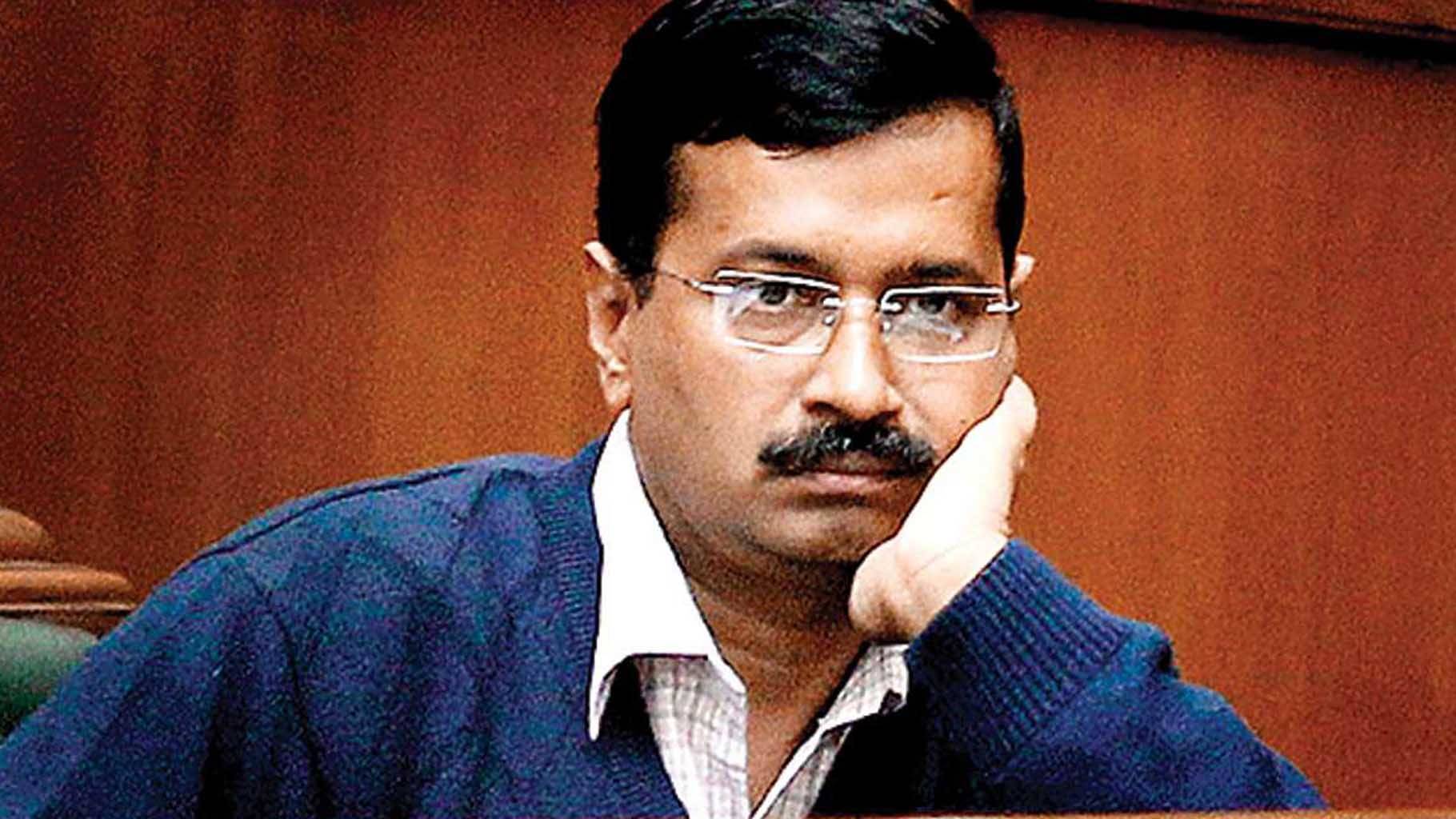


On Monday, the Delhi High Court dismissed the petition filed by Chief Minister Arvind Kejriwal challenging his arrest by the Central Bureau of Investigation (CBI) in the corruption case related to the liquor policy.
Justice Neena Bansal Krishna dismissed Kejriwal's bail plea but granted him the liberty to approach the trial court for relief. The court stated, “It cannot be said that the arrest was without any justiciable reason or is illegal.”
For Kejriwal: Senior Advocates Abhishek Manu Singhvi, N Hariharan, and Ramesh Gupta represented Kejriwal. Singhvi argued that Kejriwal's arrest was an “insurance arrest,” made as an afterthought following the Supreme Court's interim bail in the Enforcement Directorate (ED) case. He contended that the liquor policy was also signed by then-Lieutenant Governor Anil Baijal, and hence, Baijal and the bureaucrats involved should also be accused. Singhvi emphasized, “You're trying to catch me by presumptions and hypothesis,” and remarked on the repetitive nature of Kejriwal's legal struggles, “Because those who want it, by hook or by crook, he is behind bars.”
For CBI: CBI Special Public Prosecutor DP Singh argued that Kejriwal is the “sutradhar” (mastermind) of the entire scam and that there is direct evidence of his involvement. Singh noted that the trial court had already determined the arrest was not illegal, thereby surpassing the legality issue. He stated that the mere filing of a chargesheet does not entitle Kejriwal to bail, highlighting that bail was denied to co-accused Manish Sisodia and K Kavitha even after chargesheets were filed against them. Singh also countered the claim of an “insurance arrest,” pointing out the absence of any court observations regarding CBI violations.
Singh addressed the lack of notice to Kejriwal, explaining that Delhi Prison Rules require court permission to interrogate someone in custody. Therefore, the CBI did not need to provide prior notice to Kejriwal.
Kejriwal had directly approached the High Court seeking bail without first approaching the trial court. He is currently in judicial custody facing corruption and money laundering charges related to the alleged scam.
The Supreme Court recently granted interim bail to Kejriwal in the money laundering case, referring his petition challenging the ED arrest to a larger bench. The CBI examined Kejriwal in Tihar jail following the High Court's stay on his bail in the PMLA case. The formal arrest took place after court permission on June 26.
Kejriwal was initially arrested by the ED on March 21. The Supreme Court granted him interim bail until June 1 due to the general elections, after which he surrendered on June 2.
The High Court's decision to dismiss Kejriwal's petition underscores the complexities and legal intricacies surrounding the liquor policy case. Kejriwal's legal team now has the option to seek relief from the trial court, as the battle over the allegations continues.
TAGS: Delhi High Court Arvind Kejriwal CBI Arrest Liquor Policy Bail Plea Corruption Case Enforcement Directorate Legal Arguments Supreme Court